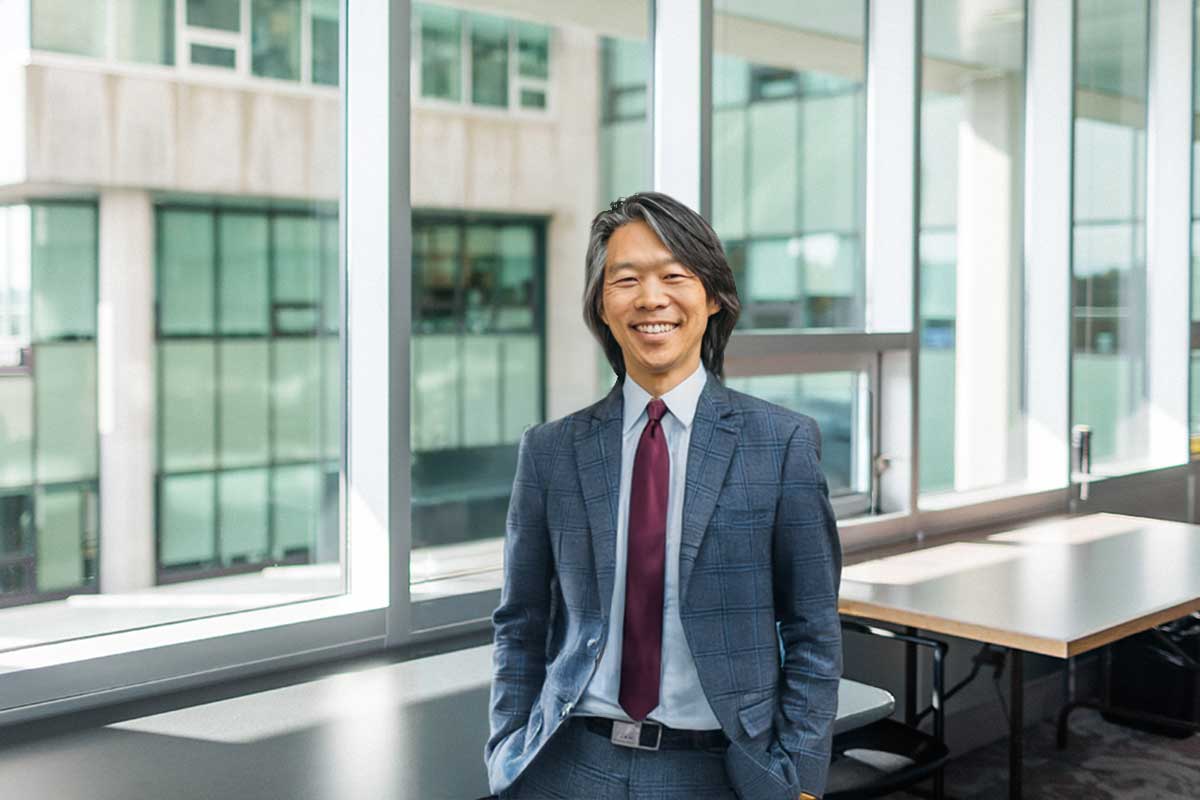The Centre for Cardiovascular Minimally Invasive Surgery is dedicated to providing cutting-edge, patient-centered care in the fields of cardiac valvular and coronary artery disease. Combining advanced technology with highly skilled, experienced surgeons, the centre specializes in performing minimally invasive procedures designed to reduce the invasiveness and trauma of cardiac surgery, improve recovery times, minimize scarring, and improve overall outcomes for patients. By focusing on precision techniques such as robotically-assisted surgery, and surgery through a small right mini-thoracotomy incision, the centre provides patients with alternatives to sternotomy-based cardiac surgery, allowing them to enjoy the benefits of cardiac surgery with the least amount of disruption to their daily lives. Our commitment is to deliver the best possible care to patients by providing them with unique options which will allow them to optimize their health and well-being.
Centre for Minimally Invasive Surgery
Centre for Minimally Invasive Surgery
Precision in Care, Excellence in Recovery.
“At the Centre for Cardiovascular Minimally Invasive Surgery, our mission is to transform cardiovascular care through innovative, minimally invasive procedures that prioritize patient well-being. We are committed to delivering the highest standard of medical expertise, using advanced technology to ensure faster recovery, reduced risk, and improved outcomes. With a compassionate, patient-centered approach, we aim to empower individuals to lead healthier, fuller lives.”

Dr. Richard Cook
Dr. Richard Cook is a Clinical Professor of Surgery at the University of British Columbia (UBC) and serves as the Director of Minimal Access and Robotically-Assisted Cardiac Surgery at Vancouver General Hospital (VGH). In addition to his clinical and teaching roles, Dr. Cook recently served as the Chair of the Cardiac Surgery Exam Board at the Royal College of Physicians and Surgeons of Canada, and is currently the Vice President of the Canadian Society of Cardiac Surgeons, where he plays a key role in shaping the future of the practice of cardiac surgery in Canada. Dr. Cook’s primary research interests lie in the areas of minimally invasive cardiac surgery, with a focus on innovative techniques such as mini-thoracotomy for mitral and tricuspid valve repair and replacement, as well as atrial septal defect repair. He is also at the forefront of advancing robotically-assisted coronary artery bypass surgery and transcatheter interventions for the management of valvular heart disease. His work bridges the gap between groundbreaking technology and patient care, driving improved surgical outcomes and faster recovery for his patients.




